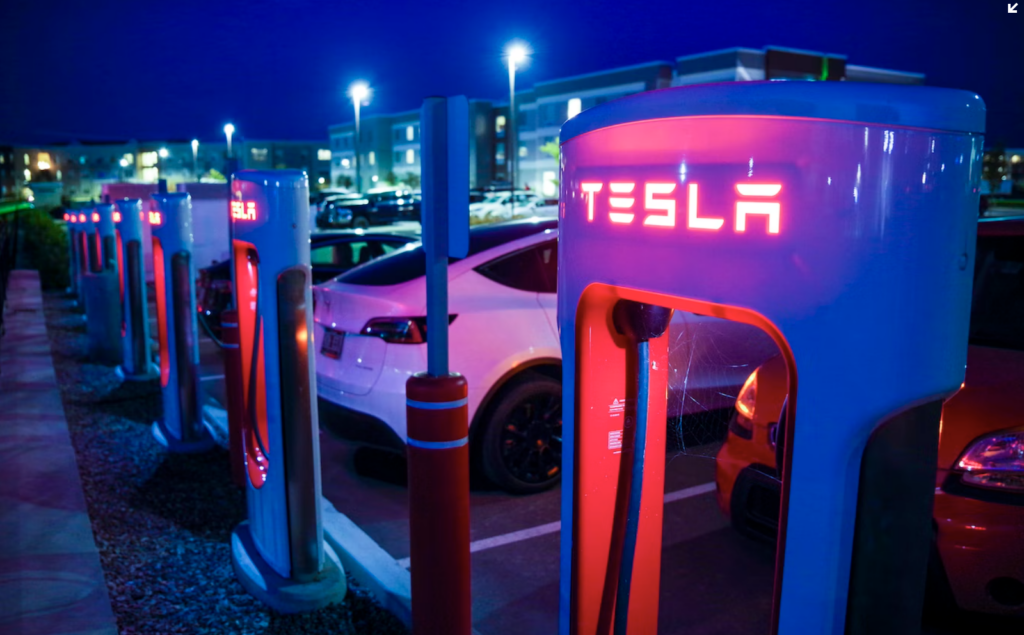The Major Reason Why Electric Vehicles Are Not Practical For Renters
Unlike homeowners who can install electric vehicle chargers in their garages, renters wanting to own electric vehicles do not have the same luxury and are forced to rely on a public charging infrastructure that is severely lacking, at present.
The transition to electric vehicles is happening, whether you are one is embracing it with open arms, being dragged into it kicking and screaming, or fall somewhere in between the two extremes. Regardless of where you are presently are on the subject of electric vehicles, it’s clear that this whole transitory process is riddled with many challenges. It’s not yet practical for everyone to own an electric vehicle for a plethora of reasons, and one of those reasons specifically applies to individuals who rent.
If you rent but want to own an electric vehicle, you have to contend with a unique set of challenges. These challenges relate primarily to keeping the automobile charged. Unlike homeowners who can install an electric vehicle charger in their garages, renters do not have that luxury.
Renters with electric vehicles automatically have to always plan ahead to keep their cars, trucks, or SUVs sufficiently charged. This is not only inconvenient, but it actually may be an impossibility for some. Despite efforts to expand US charging infrastructure, charging is still virtually inaccessible in many areas of the United States. This is particularly true if you reside outside of a major metropolitan area.

This disparity could cause renters with electric vehicles to have to drive far out of their way just to reach a place where they can charge their automobile’s battery. It’s understandable why a renter who is faced with this situation would be hesitant, at the very least, to purchase an electric vehicle.
This barrier to electric vehicle ownership which affects renters specifically is just one of many that are keeping people from embracing the transportation shift. In addition to a lack of charging infrastructure, the cost of buying one is something that many US residents can still not afford. There are also issues with battery performance in extreme hot or cold climates.
All that said, the Biden Administration recognizes both the obstacles and pitfalls but also understands how imperative it is to move toward a more sustainable transportation format. The administration is employing strategies and working towards solutions to address the current barriers and challenges associated with electric vehicles. For instance, NPR pointed out that $5 billion in federal funding is being allocated to growing a high-speed electric charging network on the nation’s interstates.
In the coming years, states will be able to apply for their own $2.5 billion each in funding so that they can grow the electric vehicle charging networks in their respective states. This is good news for renters specifically because once that happens you’ll likely see parking lots and other public places start filling up with areas to charge cars. This will help to reduce the anxiety for renters worried about finding an easy spot to charge their vehicles.
However, there is still a long way to go before the United States gets to the point where owning an electric vehicle is both practical and accessible to the masses. The current charging ratio in the US is about one charger for every 12 electric cars. That’s pitiful.
Moreover, according to NPR, there are about 1.5 million electric vehicles on US roads right now. By 2030 that number is expected to rise to about 9.6 million. Ultimately, what those figures serve to highlight is that a lot more work needs to be done to make electric vehicles viable, and not just for renters, but for everyone.











